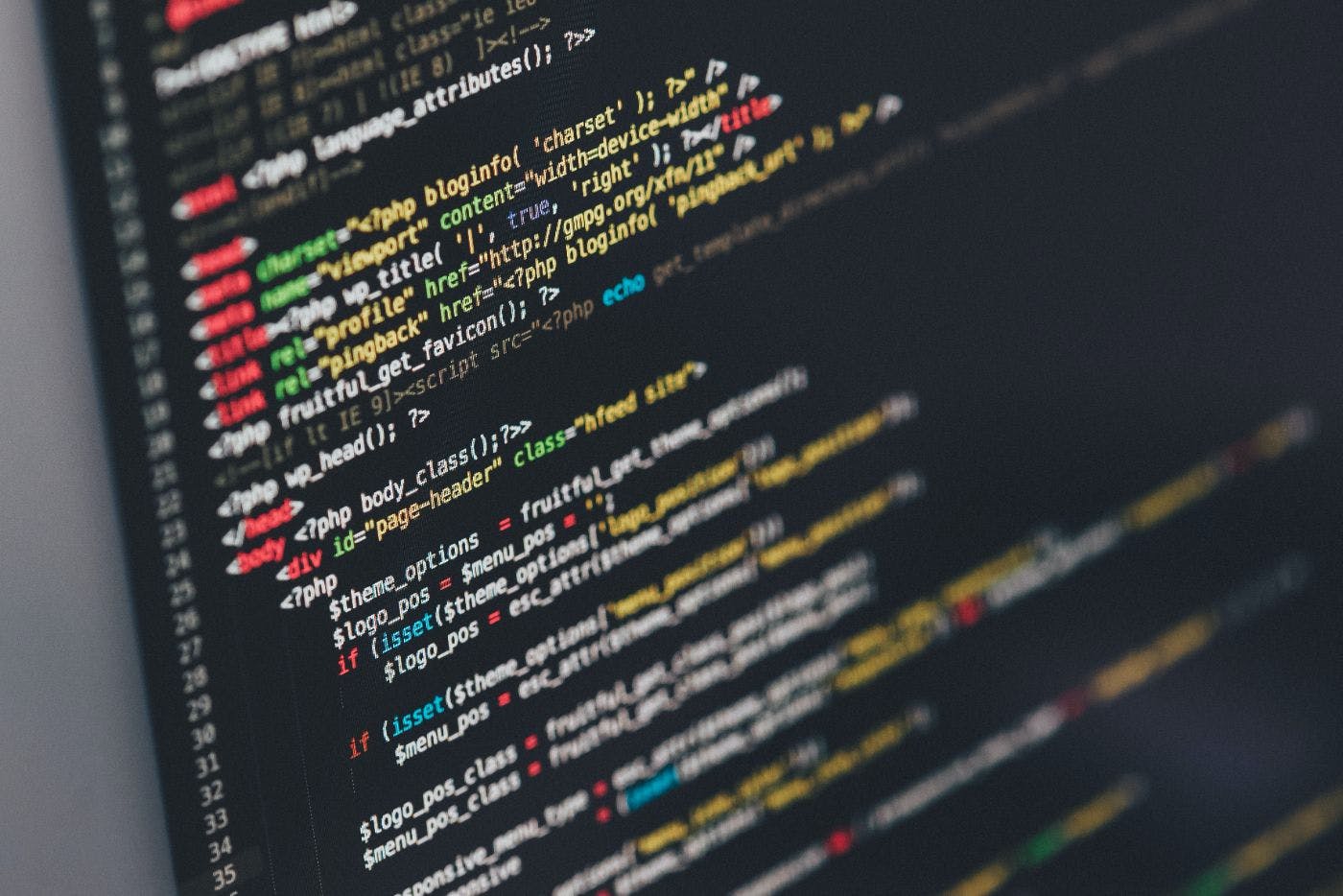385 reads
Why Learning to Code is Crucial in the Age of AI and No-Code Tools
by
April 27th, 2023
Audio Presented by

Abhishek Bahl is the Founder of JetLearn, Europe's best online coding academy for K-12 schoolchildren.
About Author
Abhishek Bahl is the Founder of JetLearn, Europe's best online coding academy for K-12 schoolchildren.
